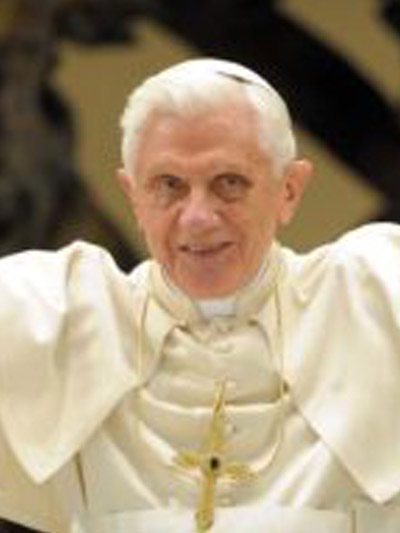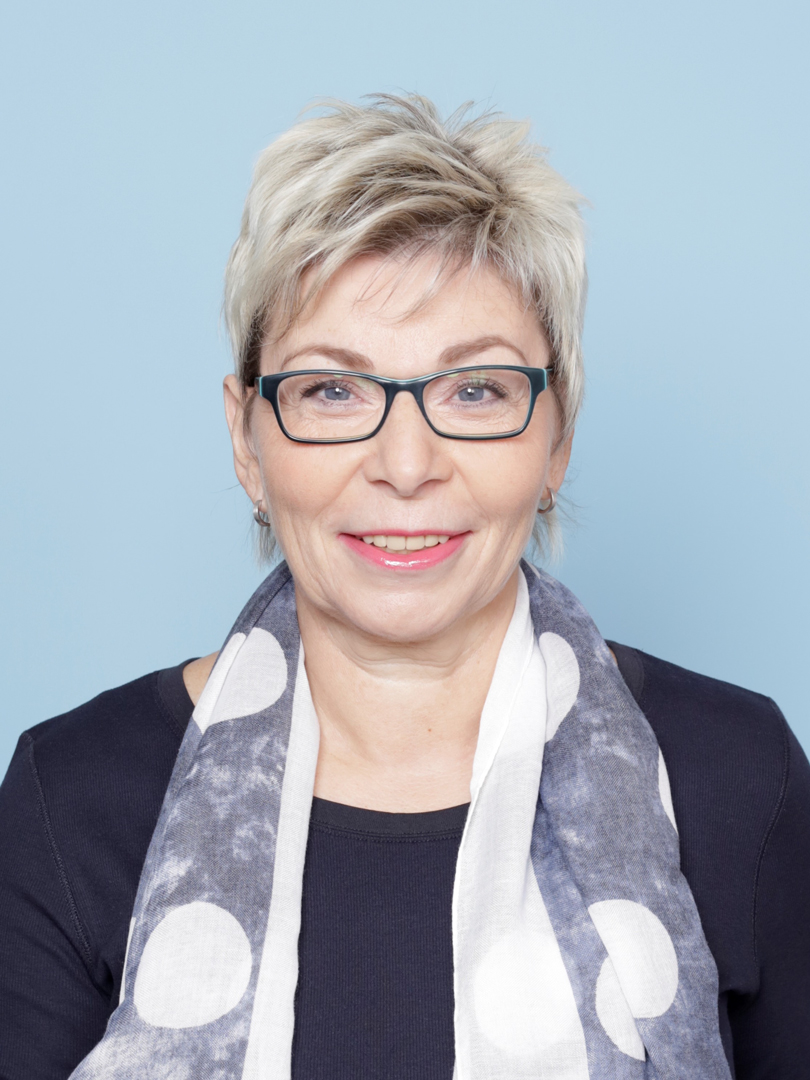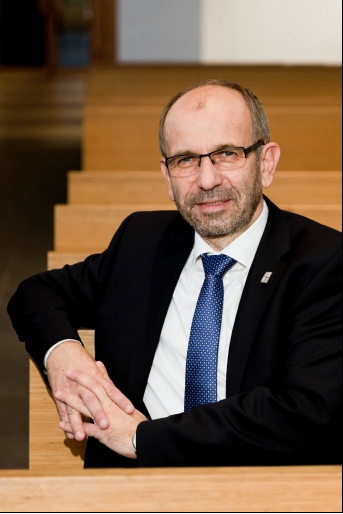Accompanying words to the Benedict Prize of Mönchengladbach
Appreciation by Pope Emeritus Benedict XVI on 26 August 2013 from Vatican City:
What you have shared about the Benedict Prize of Mönchengladbach is gratifying all around.
I enjoyed reading the preamble of the statute: surely such an initiative will stimulate people to reflect on the great themes of occidental existence and to say helpful things.
Appreciation by the President of the State Parliament of NRW Ms Carina Gödecke on 20 December 2013.
“One should not want to foresee the future, but make it possible.”
This quote by the French writer Antoine de Saint-Exupéry sums up how necessary the willingness of every single person is to jointly shape our life together today, tomorrow and the day after tomorrow. Our society is dependent on forward thinkers who have the courage to responsibly meet the challenges of our time with innovative ideas and concepts based on existing values. It is with great pleasure that I support the Benedict Prize of Mönchengladbach, which is intended to honour the creative commitment of people for a tolerant and future-proof coexistence in Europe. My thanks go to the initiators who have breathed new life into the Benedict Prize of Mönchengladbach and its idea and have thus also made a forward-looking decision.
Appreciation by Manfred Rekowski, President of the Protestant Church in the Rhineland on 20 March 2014
The Benedict Prize of Mönchengladbach keeps alive the memory of a man who is also an important witness of faith for Protestant Christians. For Benedict recommended a synthesis of meaningful work and prayer. This makes him a counsellor worth considering also and especially for our time. Benedict of Nursia (480 – 547) lived in a time of upheaval and in the experience of extensive migratory movements. Perhaps it was precisely this restlessness that made Benedict demand inner and outer constancy for monastic existence. The Western monasticism that Benedict left a lasting mark on was not only an offer of a “way of life” that is supported and determined by our Christian faith and commandment of love. It became an authoritative preserver, co-shaper and tradent of our Western culture throughout Europe. Benedict has therefore rightly been called an ambassador of peace, a teacher of civilisation and a messenger of faith*.
*from the declaration of Pope Paul VI on 24.10.1964 in Montecassino (elevation of Benedict to “Patron Saint of Europe”)




